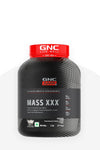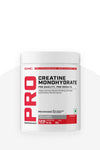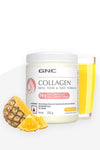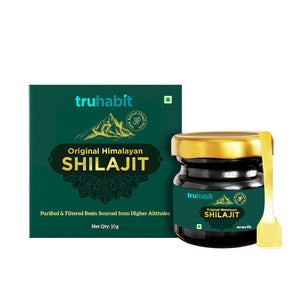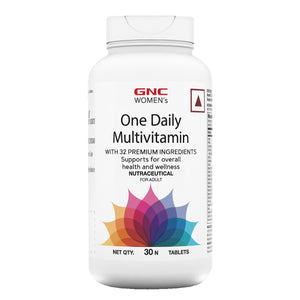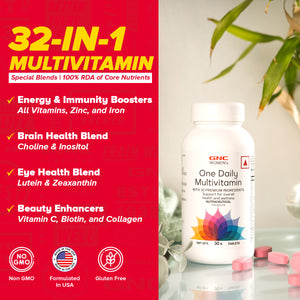According to studies, cases of Attention Deficit Hyperactivity Disorder (ADHD) are on the rise in Indian cities and their occurrence is more common in boys than girls.* But a lot of us still don’t know about ADHD, the factors that contribute to it, and its prevention and treatment.
So what exactly is ADHD? In simplest terms, ADHD is a neurological disorder that is associated with a number of behavior-related symptoms such as difficulty in concentrating, absentmindedness, being abnormally active and impulsiveness. Children who have ADHD can be disruptive and find it hard to control their behavior in a social setting or at school, which impedes their development and affects their academic performance. Symptoms of ADHD often start to show at the age of 7, but this disorder can continue well into adulthood if not diagnosed and treated in time.
The root cause of ADHD is linked to genetics; however, researchers believe that there are certain environmental and dietary factors that might increase its risk or even worsen its symptoms. Clearly, nutrition plays a significant role in ensuring healthy brain function. Therefore, parents can incorporate foods or multivitamin supplements such as GNC Attentive Child in their kids’ diet to prevent the risk of ADHD or control its symptoms.
Here are five supplements that are proven to be beneficial for children with ADHD:
Omega-3s (or Fish Oil)
Omega-3s are essential for brain function; thus supplementing with fish oil, containing EPA and DHA fatty acids, can reduce ADHD symptoms and support cognitive function and mental focus. Their anti-inflammatory properties further aid in easing mental disorders and keeping the brain healthy.
B-Complex
Children with ADHD need B-complex, particularly Vitamin B6, to synthesize brain chemicals including dopamine, serotonin, and norepinephrine. Adequate levels of B vitamins in the body have been shown to reduce aggression in kids, improve their social behavior and provide them focus support.
Zinc
Low levels of zinc are often related to ADHD symptoms that include hyperactivity and impulsivity. A dietary supplement, rich in zinc, can regulate dopamine (neurotransmitter) in the brain and help improve behavior. It is also known to augment the side effects of ADHD medication.
Iron
Deficiency of iron can directly affect the behavior and be learning in kids with ADHD as it is needed for the synthesis of serotonin, dopamine and other neurotransmitters in the brain. An adequate amount of iron in the diet can thus prevent cognitive deficits and improve symptoms of the disorder.
Magnesium
According to studies, magnesium has a calming effect on the brain. Hence, taking supplements with magnesium can help children with ADHD overcome challenges like irritability, mental confusion and lack of focus, and relax and sleep better.
All these nutritious supplements contribute to treating ADHD or reducing its symptoms. You should consider consulting a medical expert to know which one (or more) will work best for your child.



